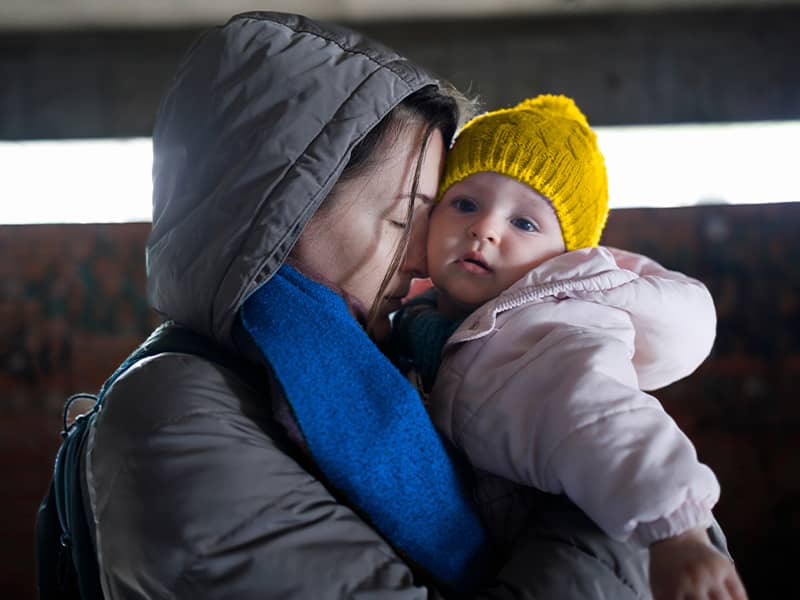"It's almost like a movie--you're convicted and then they try you," said Michael Higgins, a former priest who is the head of Justice for Priests and Deacons, an organization founded by canon lawyers in 1997 to defend the rights of Catholic clergy. "The bishops are running scared, and the bottom line is they want to protect the diocesan coffers." In the past month, church officials have given prosecutors the names of 80 priests accused over the past half-century of molesting children. Names of the accused were included in news releases, and 10 active priests were suspended, some evicted from their rectories.
Following the eruption of the Boston scandal, Catholic dioceses across the United States have been under pressure to rid themselves of any priests with a history of sexual misconduct. In California, up to a dozen priests have been ordered to retire. None of the priests in the Los Angeles Archdiocese are believed to be involved in recent cases of sexual abuse involving minors, according to a report Monday in the Los Angeles Times.
The cases occurred as far back as 10 years ago and all the priests had undergone psychological counseling, an unidentified church source told the newspaper. But it was unclear whether the Archdiocese of Los Angeles would give the priests' names to law enforcement authorities.
The cost of past, pending and future sexual abuse claims against the Boston Archdiocese could reach 100 million.
Critics who say the system assumes the accused are guilty point to the case of the Rev. D. George Spagnolia. After he criticized church officials and priests over the sexual abuse scandal, he was accused recently of molesting a boy 31 years ago. The archdiocese stripped him of his parish and ordered him to move out of the rectory. His name was turned over to prosecutors, and a news release faxed to reporters identified him as the 10th suspended priest. "All of us are going to be fed to the wolves," Spagnolia said.
The archdiocese, which would not comment on specific cases, said it has followed established church policy in reviewing the allegations and meeting with the accuser and the accused. It also stressed that suspensions should not be viewed as a conviction. "Our utmost priority in applying a zero-tolerance standard is the protection of minors," the archdiocese said in a statement. "We are at the same time, however, mindful of the rights of the accused, and our policy strives to preserve those rights."
In Boston, Cardinal Bernard Law announced it a zero-tolerance policy toward child-molestation claims in January after it was reported that the archdiocese had shuttled now-defrocked priest and convicted pedophile John Geoghan from parish to parish despite the allegations against him.
The Rev. Robert J. Silva, president of the National Federation of Priests' Councils, said the church must try to strike a balance between canon law, which protects the privacy of a priest and his good name, and the desire to act swiftly on sexual abuse allegations. "Every priest today lives with a fear that someone will falsely accuse them. That is a terrible anxiety," Silva said.
Unlike government agencies, which are required to provide constitutional due-process protections, private institutions - and especially religious institutions - have great latitude in the way they treat their employees.
Mitchell Garabedian, a lawyer representing 86 alleged victims of Geoghan, said the flood of allegations against priests, and the accompanying stigma, are to be expected after so many years of official silence by the church. "What you're seeing now is the natural result of the archdiocese covering up in past decades the fact that so many child abusers were within its ranks," he said.
Jim Sacco, 42, one of 130 people who say they were abused by Geoghan as children, said that as long as priests' rights are respected, the emphasis should be on protecting children. "I'd rather be in his shoes than in mine," Sacco said of Spagnolia's case. "If he's innocent, then toot your horn and that's fine."

